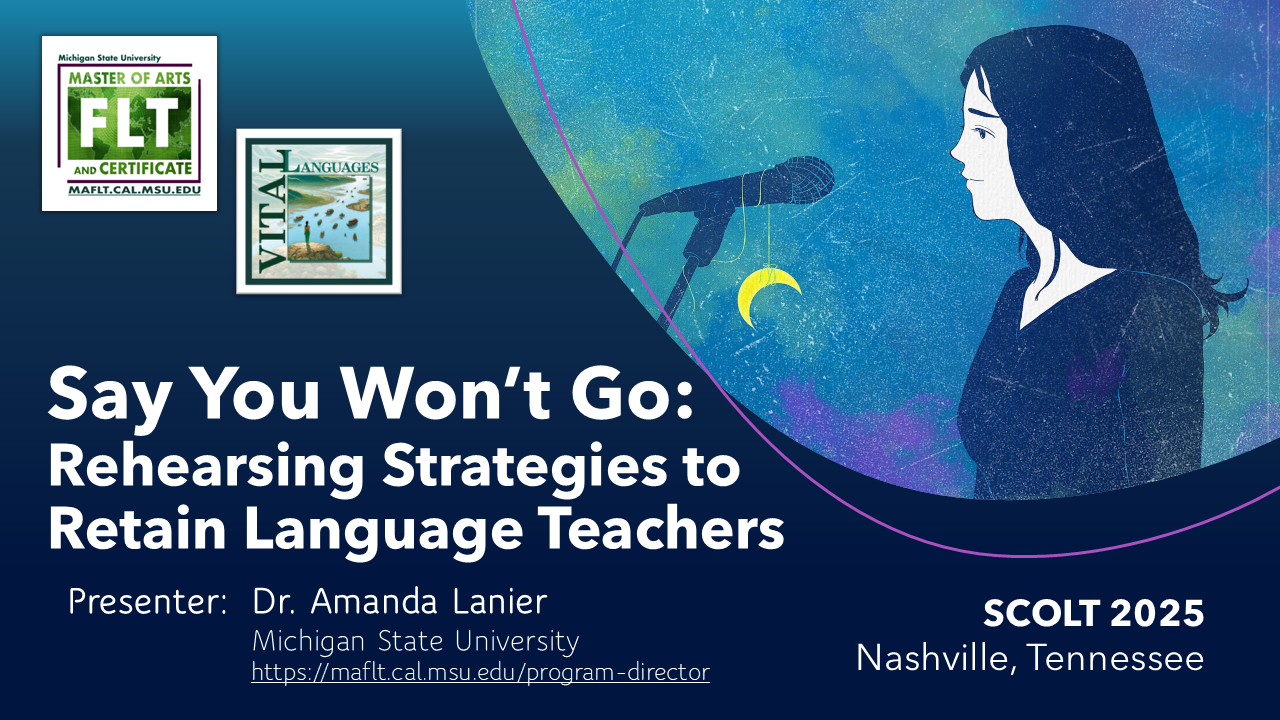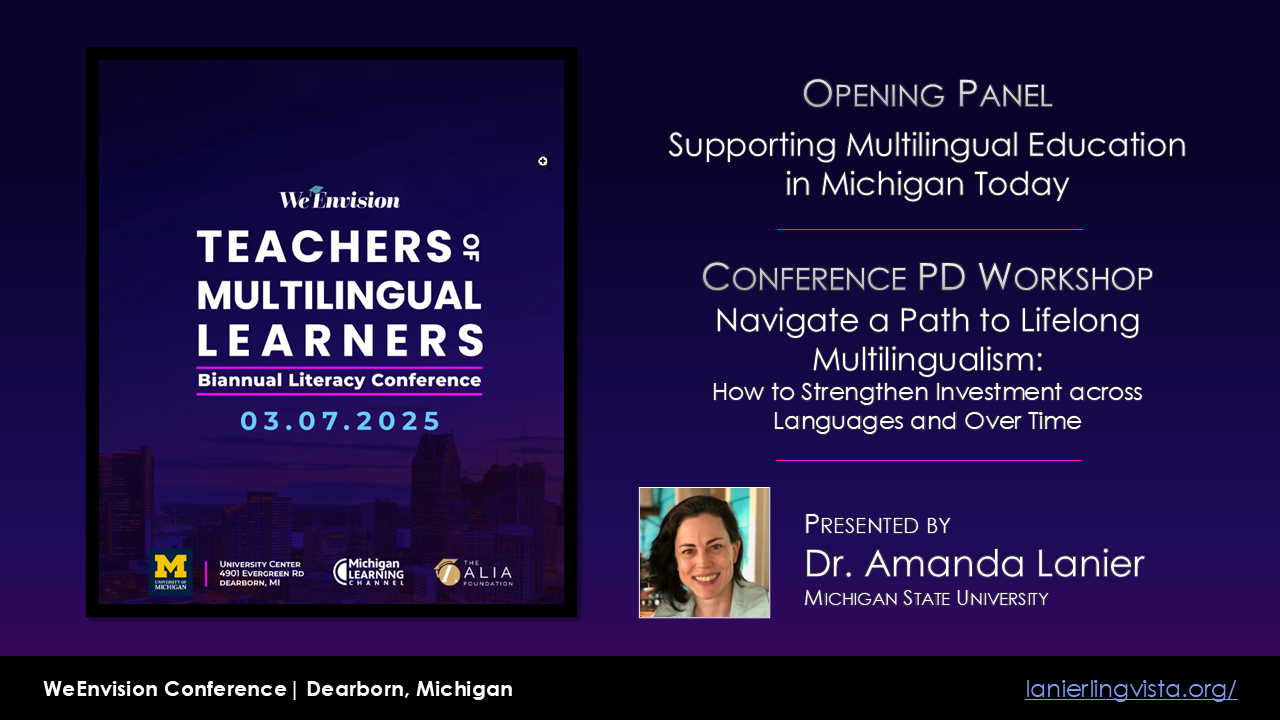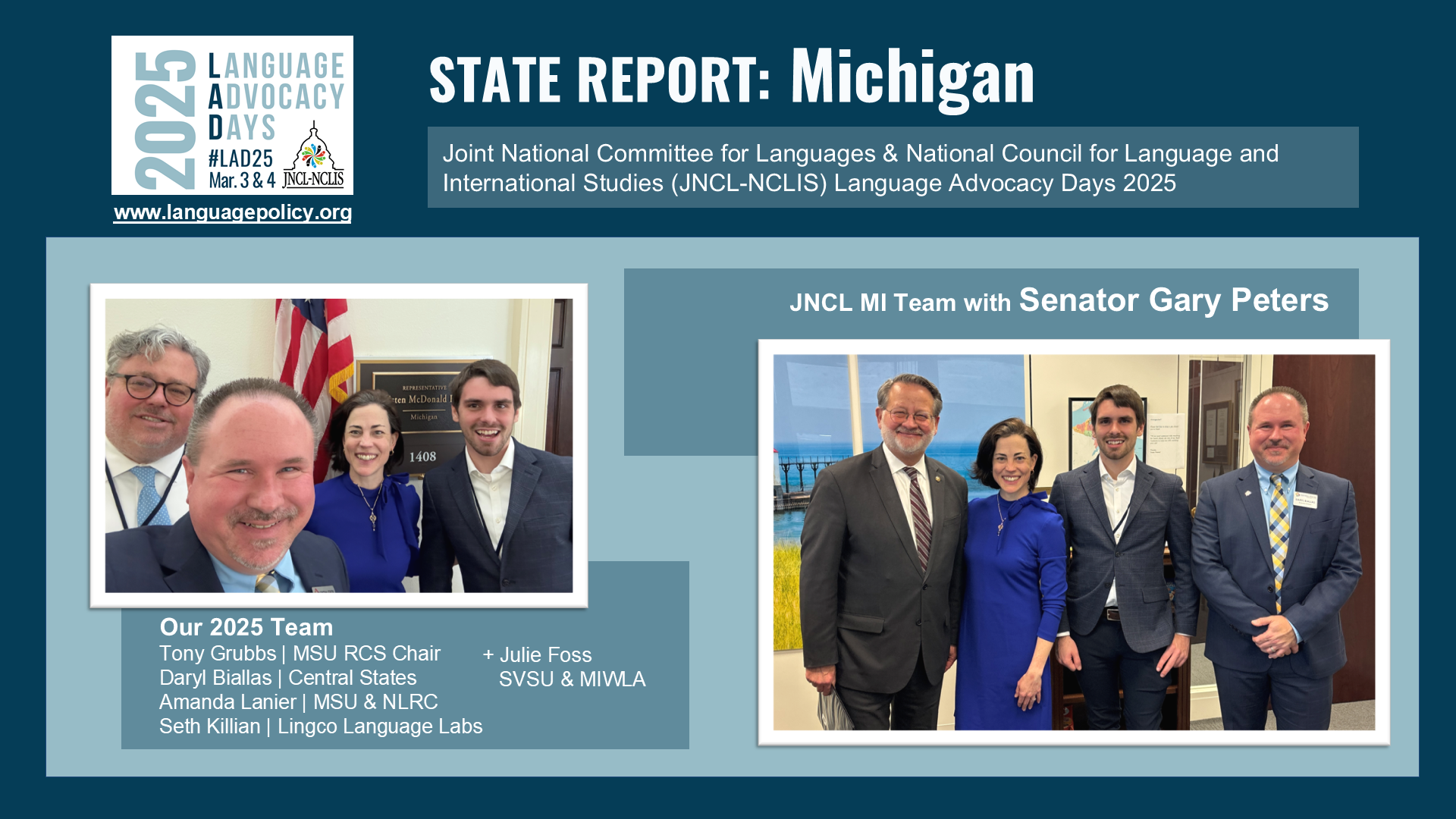Course Description

The field of second language acquisition (SLA) seeks to understand and explain the development of proficiency in multiple or additional languages as a cognitive and social process. This course provides an overview of the major concepts, theories, and research methods that have emerged in the forty years or so since SLA began to be identified as a field.
The extensive and widely-varied work of scholars in this field informs the research-based practices to which language teachers aspire in their classrooms. However, the links between the results of research and the “real world” practice of teaching are not always immediately apparent or accessible. Not all SLA scholars believe that language learning really occurs as a result of teaching, and most agree that instruction is not necessary. Certainly other kinds of exposure to language will lead to learning.
However, this course centers around instructed second language acquisition (ISLA), which deals with development of proficiency in a second or foreign language that occurs in a classroom or otherwise as a result of a deliberate effort to manipulate and manage the learning process.
As the author of our main textbook points out, there are two main questions that drive inquiry in this field: “(1) Is instruction beneficial for second language (L2) learning, and (2) if so, How can the effectiveness of instruction be optimized?” (Loewen, 2015, p. 1).
The structure of this course includes twelve content modules divided in to three sections. In the first section, we will begin by learning about the broader scope of different approaches to SLA, from more traditional cognitive approaches to emerging “alternative approaches” (Atkinson, 2011), and where ISLA fits into that spectrum. In the second section, we will focus on ISLA and research that has been conducted in this area. In the third section, we will consider a number of influences other than actual instruction that may impact how languages are learned, including context and learner differences. Along the way, we will discuss how second language learning differs from learning our first languages, what it means to know a language, the roles of input and output in the target language, the influence of interaction with other users, the importance of differences among target languages, sequences in which learning tends to occur, and the impact of social and cultural factors on the language learning process.
In addition to informing you about these theories and issues, this course is intended to strengthen and expand your ability to process the findings of academic research and determine how they should inform your own classroom practices. As an aspiring master teacher, you need to be confident in your ability to draw connections between theory and practice and even to conduct your own investigations. To that end, you will be presenting critiques of published articles to your classmates and designing your own ISLA research project.







